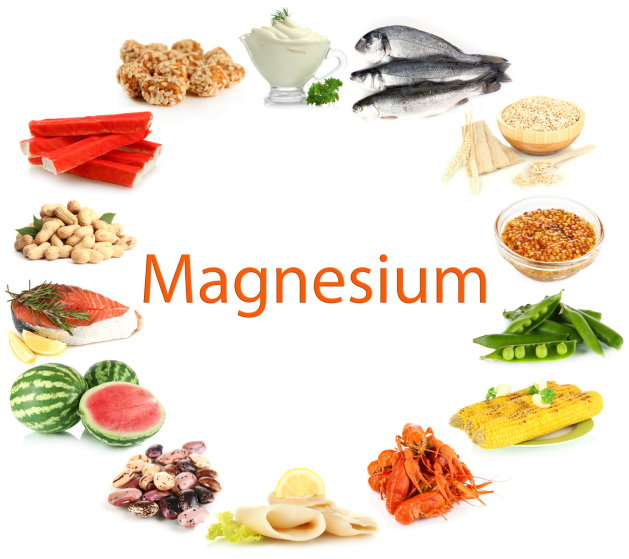LIKE DailyVitamina.com on Facebook! Get Your Daily Vitamin…FOR LIFE!
Magnesium is a mineral that isn’t as popular as calcium or other minerals that are necessary for our bodies. Yet it’s a mineral that is present in large amounts because the average person can contain around 25 grams of magnesium. Still many people have a magnesium deficiency and studies show that only 25% of American adults are at or above the recommended daily amount. It’s an invisible deficiency because it’s very difficult to diagnose and it is a danger to your health.
Magnesium plays a big role in your body, since it is involved in over 300 biochemical reactions in your body, affecting your heart, muscles, and hormones. The signs of a magnesium deficiency can include sleepiness, loss of appetite, and vomiting, which can also be linked to other health conditions, making it difficult to pinpoint the deficiency. Plus, since only 1% of magnesium is found in your blood, you can’t receive a blood test that tells you you’re low on magnesium like you would if were low on iron.
Unfortunately it isn’t until the symptoms get more serious that they’re able to spot the deficiency. These can include muscle and nerve tingling, cramping, it can cause seizures and even abnormal hearth rhythms.
So how can it be diagnosed? Typically your doctor can examine your lifestyle, he will ask you what your diet looks like. Foods like soda, caffeinated drinks and alcohol can put you at risk for a magnesium deficiency. The refined sugar causes the body to take the magnesium from your kidneys, which is not good because you lose a lot of it through the process.
There are many magnesium supplements that you can take, but changing your diet and eating foods rich in fiber can give you better outcomes. Eat more leafy greens, like spinach and broccoli. Other foods rich in magnesium can include whole grains, meat, and dairy products.
